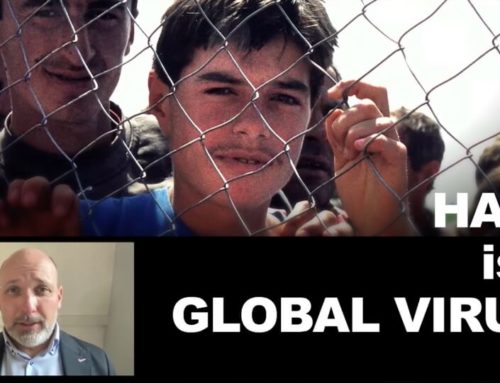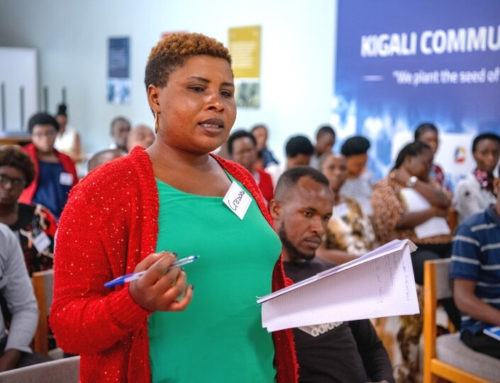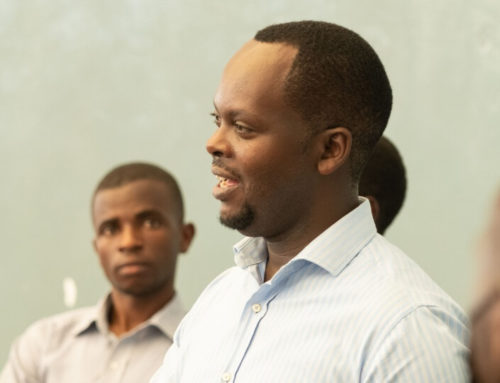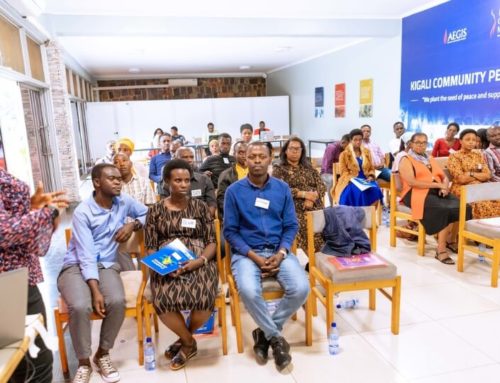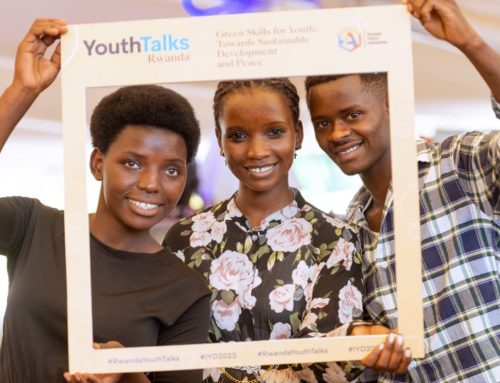 8 July 2012 – Genocide survivor and Director of Aegis in Rwanda, Freddy Mutanguha, has just completed a speaking tour in the UK about the Aegis Trust’s Kigali-based Peace-building Education Programme.
8 July 2012 – Genocide survivor and Director of Aegis in Rwanda, Freddy Mutanguha, has just completed a speaking tour in the UK about the Aegis Trust’s Kigali-based Peace-building Education Programme.
Almost half of Rwanda’s population today is too young to remember the genocide 18 years ago – but how the country handles that legacy in the future rests in their hands. Aegis’ unique peace-building programme is helping these young people to learn about the dangers of prejudice, and building trust between the children of survivors and perpetrators.
Recent independent analysis has found that not only is the programme changing attitudes and behaviour among the students taking part, but also among the school communities from which they come – including fellow students who didn’t attend.
“The memorial in Kigali goes far beyond the dignified remembrance of the victims of the 1994 genocide,” says Dr James Smith, Chief Executive of the Aegis Trust. “The ongoing cycle of instability and violence in the Great Lakes region before and after 1994 demonstrates the overriding importance of peace-building initiatives that foster resilience against violence, regardless of the political and economic climate.
“Aegis continues to believe in the need to invest in young people in Rwanda to enable them to think critically about the world around them and to avoid the division and suspicion that ultimately leads to violent conflicts.”
Freddy Mutanguha says, “The next five to ten years offer a critical window of opportunity to reach this generation with effective education to help safeguard the nation’s future. This is not simply to do with learning about a past genocide, but to do with preventing its recurrence for generations to come.”

